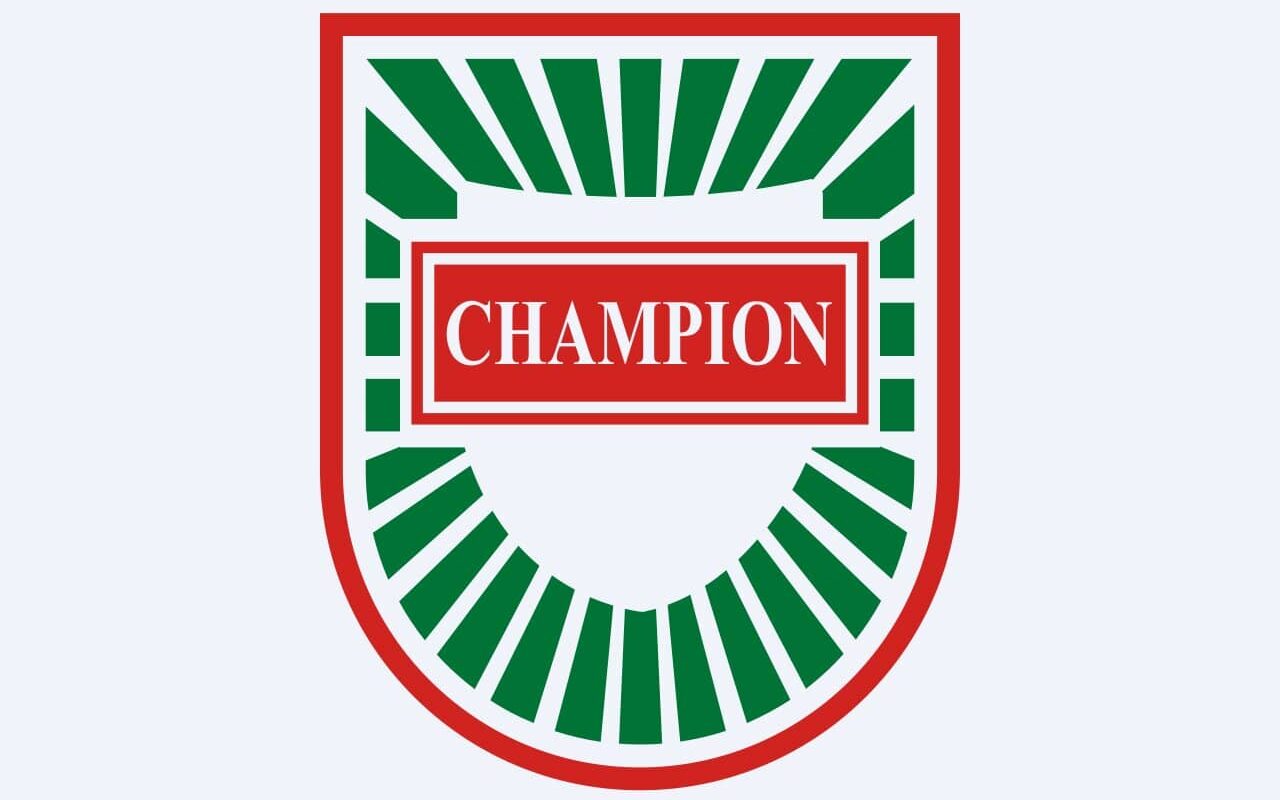By Dr Linda Deigh, Higher Education Consultant
The readiness for fully online higher education campuses depends on several factors, including infrastructure, digital access, faculty preparedness, and student engagement.
While online education is expanding rapidly, challenges persist and the need for hands-on learning in certain disciplines must be addressed. Hence, to ensure quality education, there is a drive towards adopting hybrid models, blending online and in-person experiences while leveraging technology for accessibility and flexibility.
If these barriers can be overcome, fully online campuses could become a viable and transformative option for higher education.
Is Africa ready for this shift?
Not too long ago – and still the case for many – university students eagerly anticipated the full campus experience, living on-site with access to local amenities such as shops, sports facilities, entertainment, and a vibrant academic community, with lectures just a short walk away.
A rich experience of home away from home for the first time with one’s whole life immediately around them. This experience, although preserved in so many ways, has been chipping away a piece at a time over the years.
The exponential growth of university colleges in the country in the last two decades has been evident of the gap in the education system for learners transitioning to the tertiary or higher education level, resulting in a surge in university applications with limited spaces.
At its peak in 2020, Ghana had approximately 120 higher education institutions (HEIs) listed. With the sector currently undergoing pruning through Charter accreditations, mergers and teach-outs, there are macro-opportunities to be considered.
Firstly, Africa’s youth population, which is already the largest, is projected to continue being the fastest, doubling by 2050 to 830million, according to OECD.
Ultimately, tertiary enrolment on the continent is bound to rise exponentially, although relatively slow compared with the global average. This projection is certainly a cue for HEIs to consider aligning academic programmes with skills, knowledge and competencies that match twenty-first century labour market demands and innovation.
Additionally, Ghana’s reputation in education within the sub-region provides inbound international students from neighbouring countries, subsequently, further increasing demand.
Finally, global investment in higher education has risen, with a significant portion directed toward online education which is projected to grow from $220.5 billion in 2023 to $810.3 billion by 2033.
The key question to pose is how much of this investment is realized in the sub-Saharan African region to support the education technology ecosystem?
The above presents an opportunity for growth in the higher education sector. However, the rapid growth has resulted in some cowboy HEIs that do not have the resources, appropriate physical infrastructure or fully qualified faculty to provide the high-quality education and the full experience higher education has offered learners in the past.
This is not to say that the neo-model of urban campuses is without value; however, it often lacks additional facilities to support co-curricular and extracurricular activities.
The growing generation of African youth—millennials and Gen Z—who constitute a significant portion of the population, benefit from their strong connection to technology and digitisation.
Thus, their lifestyle preferences, attitudes, and behaviours must be considered in shaping their learning styles and educational choices.Secondly, HEIs would have had lessons learnt and should be prepared for future potential risks which was presented by COVID-19 a few years ago.
One may suggest that although the traditional on-campus experience that higher education offers is still attractive, a prudent and responsible provider of higher education will require prioritizing sustainable education management in line with SDG 4 on commitment to inclusive and equitable high-quality education by widening access through online education.
Online asynchronous education will help to bridge the gap in the ever-increasing tertiary enrolment situation on the continent and in the country.
Widening access to high quality online education and creating an online campus has the potential to be cost effective, affordable and flexible to hard-to-reach, local and international students, and ultimately create an additional revenue stream to the institutions.
For institutions to be able to successfully achieve this, consideration should be made on readiness at national and institutional levels.
At national level, systems such as technology infrastructure, and policies on governance and implementation must be speedily developed for online degrees’ rigorous validation and accreditations to meet international standards and universities’ demand.
At institutional level, there is the requirement of subject knowledge and expertise, strong digital competencies, and technology with particular reference to stable internet access and connectivity.
The stretched limited resources in private HEIs and red tape processes in public universities mean that this transition is either too slow in relation to market growth or never occurs.
A solution to the issue of red tape and bureaucracy, lack of expertise and limited resources include strategic partnership with Online Programme Managers (OPM) such as Higher Ed Partners Africa to leverage their expertise within the online education space.
Most importantly, cutting-edge private institutions like Academic City University, offering competitive and relevant degree programs tailored to African students, will greatly benefit from expanding their reach through online education.
If done successfully, the additional revenue realised will relieve HEIs of implications of limited resources due to the streamlined operations of online education.
With the recent Charter awarded to several private universities in Ghana, there is the opportunity to consider growth and scaling-up by widening access to the youth market through creating online campuses, thereby, encouraging integration and knowledge-sharing across geographical borders.
In conclusion, access to online education which offers relevant, contextualized, and innovative degrees may help shift or even reverse the trend of outbound students from the continent.
International students from the West and the diaspora who are interested in curriculum designed for the continent’s future leaders and those exploring career opportunities in Africa –now have a new avenue of possibilities.
The post The future of higher education: Is Africa ready for fully online universities? appeared first on The Herald ghana.



